Tokenization of RWA Assets: New Opportunities for DEX Platforms
The tokenization of Real World Assets (RWA) brings new trading opportunities to DEX platforms. This article analyzes the concept and significance of RWA tokenization, explores its application scenarios in DEX trading, and discusses its impact on market liquidity and asset diversity.
What is RWA Tokenization?
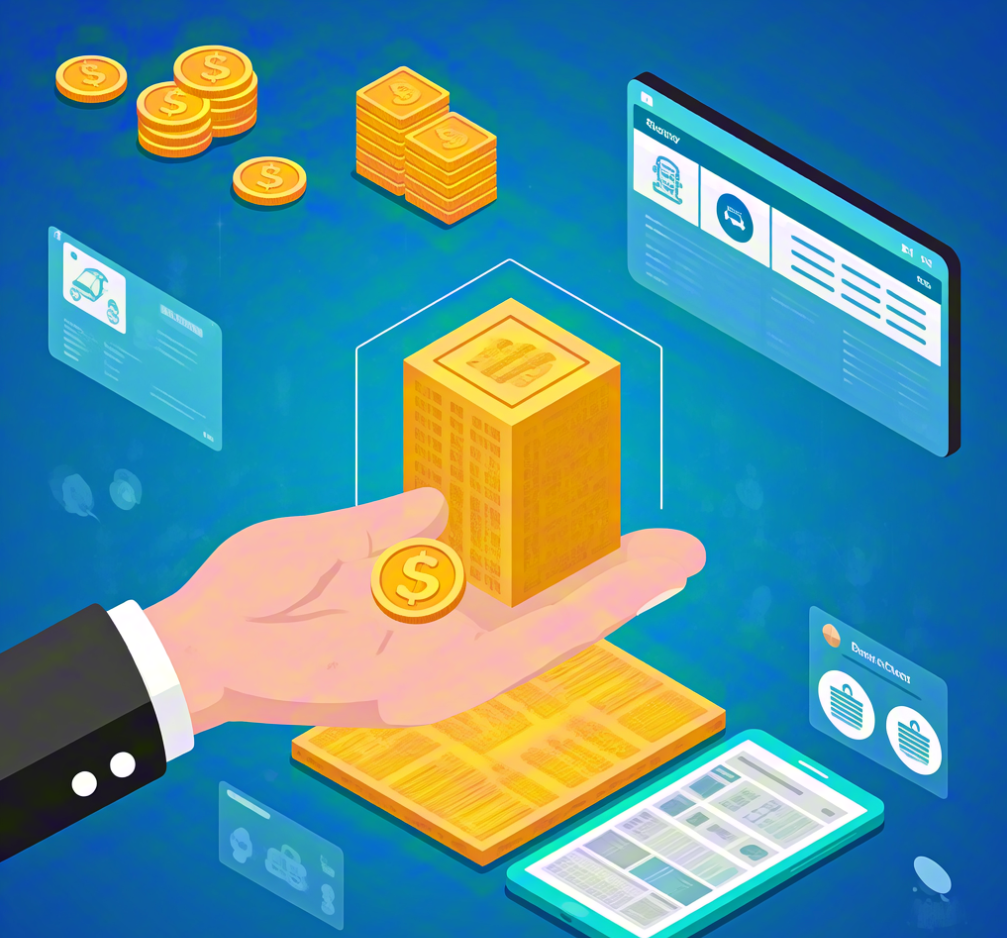
RWA tokenization refers to the process of converting traditional physical assets, such as real estate, gold, and artworks, into digital tokens on the blockchain. This process not only enhances the liquidity of these assets but also increases their tradability in the blockchain world.
Significance of RWA Tokenization
The main significance of RWA tokenization is that it allows traditional illiquid assets to be freely traded globally. By digitizing these assets, investors can more easily buy, sell, or trade them without concerns about cross-border transactions, legal barriers, or high fees. Furthermore, tokenization also allows assets to be fractionalized, enabling smaller investors to participate, which expands the market's accessibility.
RWA Tokenization in DEX Platforms
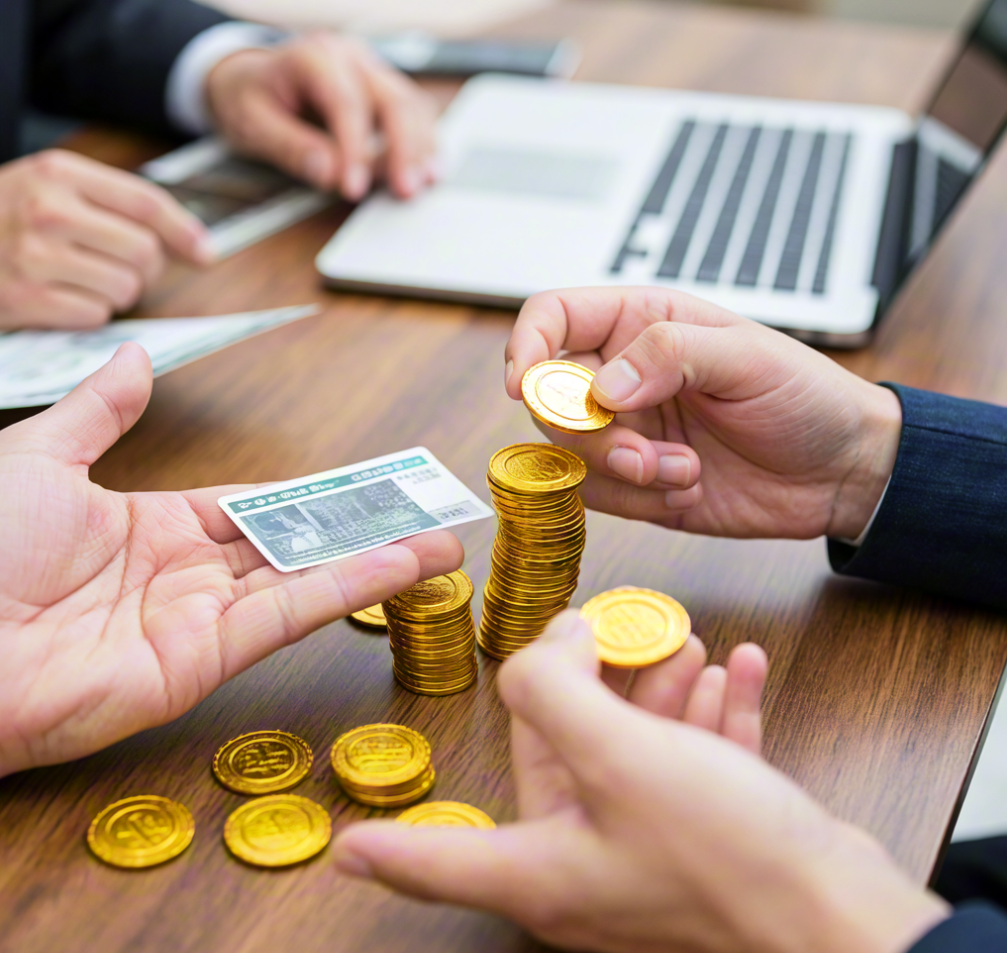
Decentralized exchange platforms (DEX) provide an ideal marketplace for RWA tokenization. On these platforms, users can trade directly without the need for traditional financial intermediaries. The existence of RWA tokens means that ownership of assets can be verified and transferred via smart contracts, significantly reducing transaction costs and time.
For example, an investor can tokenize their real estate to break it into smaller units, which can be bought and sold on a DEX platform. This not only offers a flexible trading method but also boosts the liquidity of these assets to unprecedented levels.
Impact of RWA Tokenization on Market Liquidity and Asset Diversity
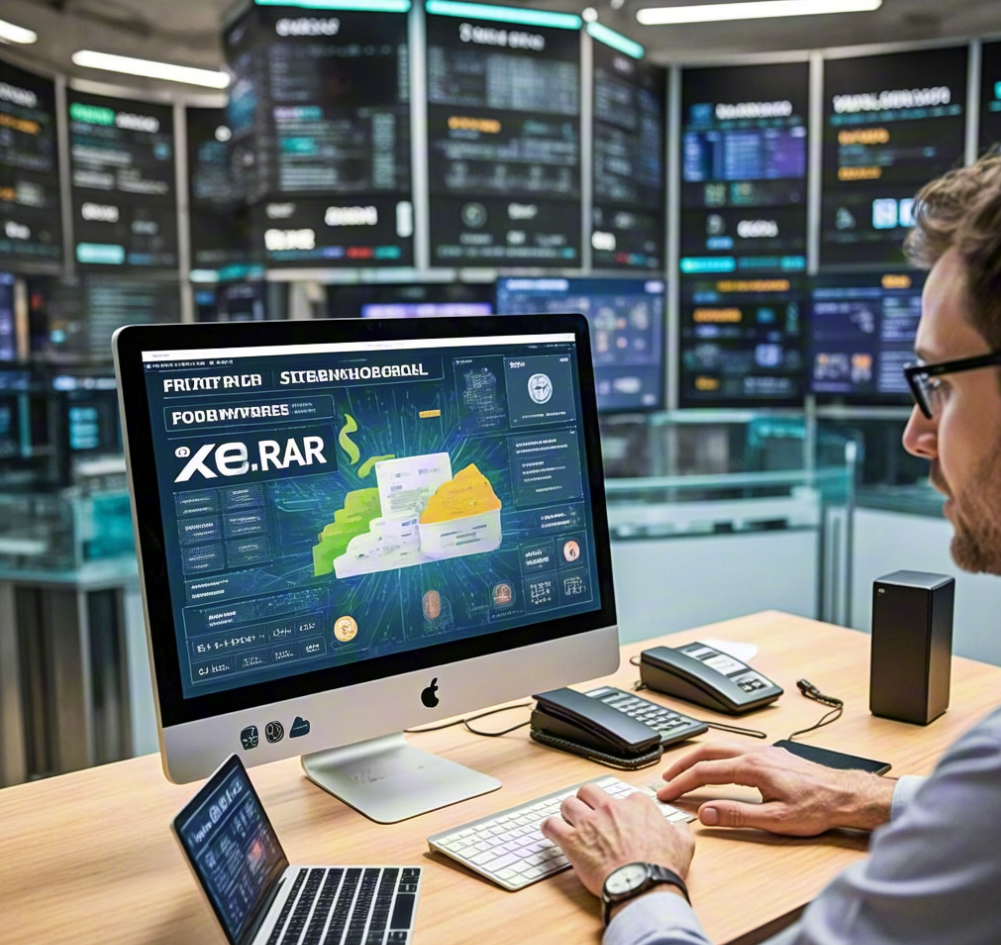
With the implementation of RWA tokenization, market liquidity has significantly improved. Traditional assets often have low liquidity, which poses high risks for investors. Through tokenization, investors can quickly enter or exit the market, reducing holding risks.
At the same time, RWA tokenization promotes asset diversification. Investors can access a more diversified range of asset classes through DEX platforms, such as global real estate, metals, and commodities, greatly expanding their investment choices. This diversification not only enhances the market's attractiveness but also allows investors to tailor their portfolios according to their individual needs.
Conclusion
RWA tokenization is not only a significant breakthrough in blockchain technology but also provides new business opportunities for decentralized exchange platforms. By converting traditional assets into digital tokens, DEX platforms can attract more investors, increase market liquidity, and enhance asset diversity. With ongoing technological advancements, RWA tokenization is expected to become a key component of the blockchain market, driving innovation and transformation in the entire financial ecosystem.











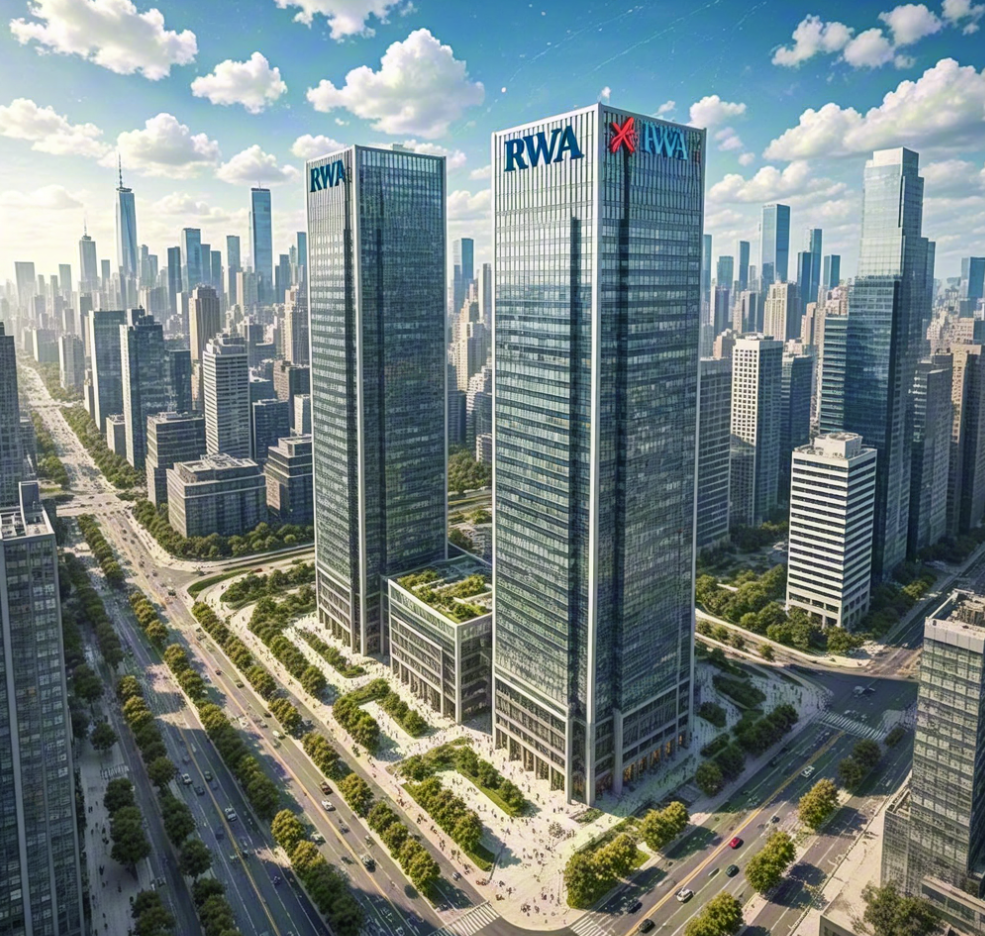
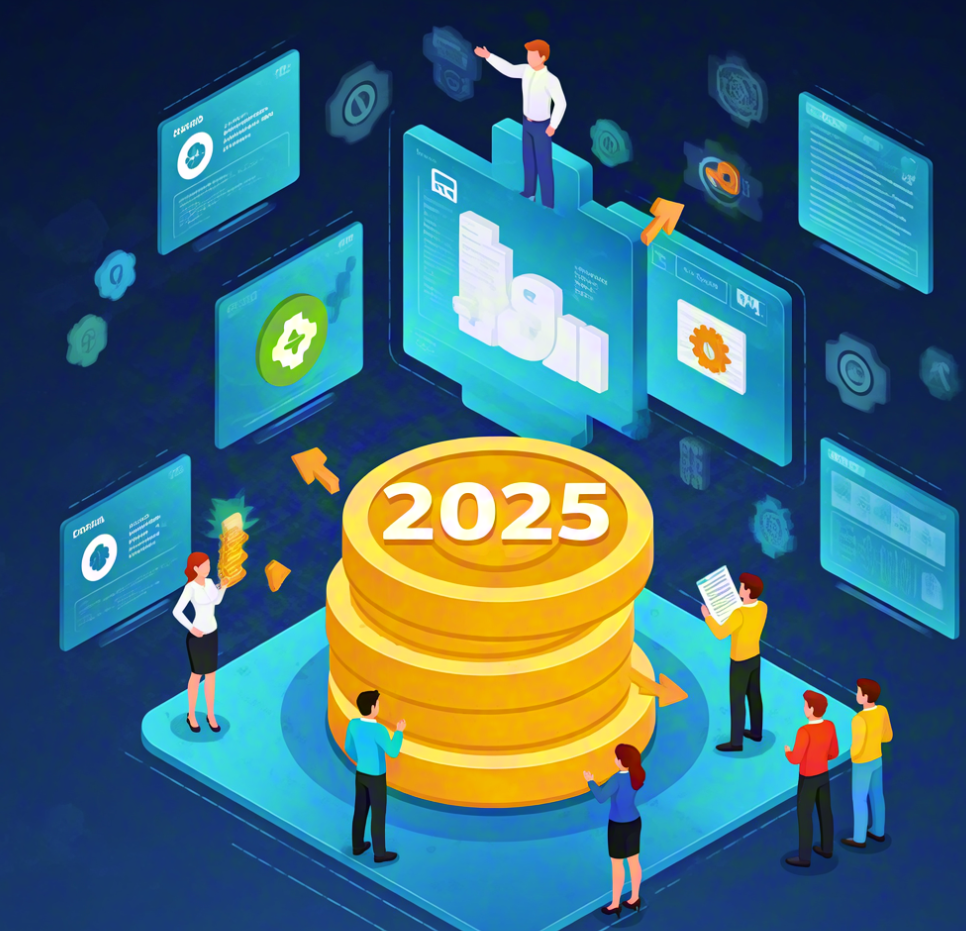

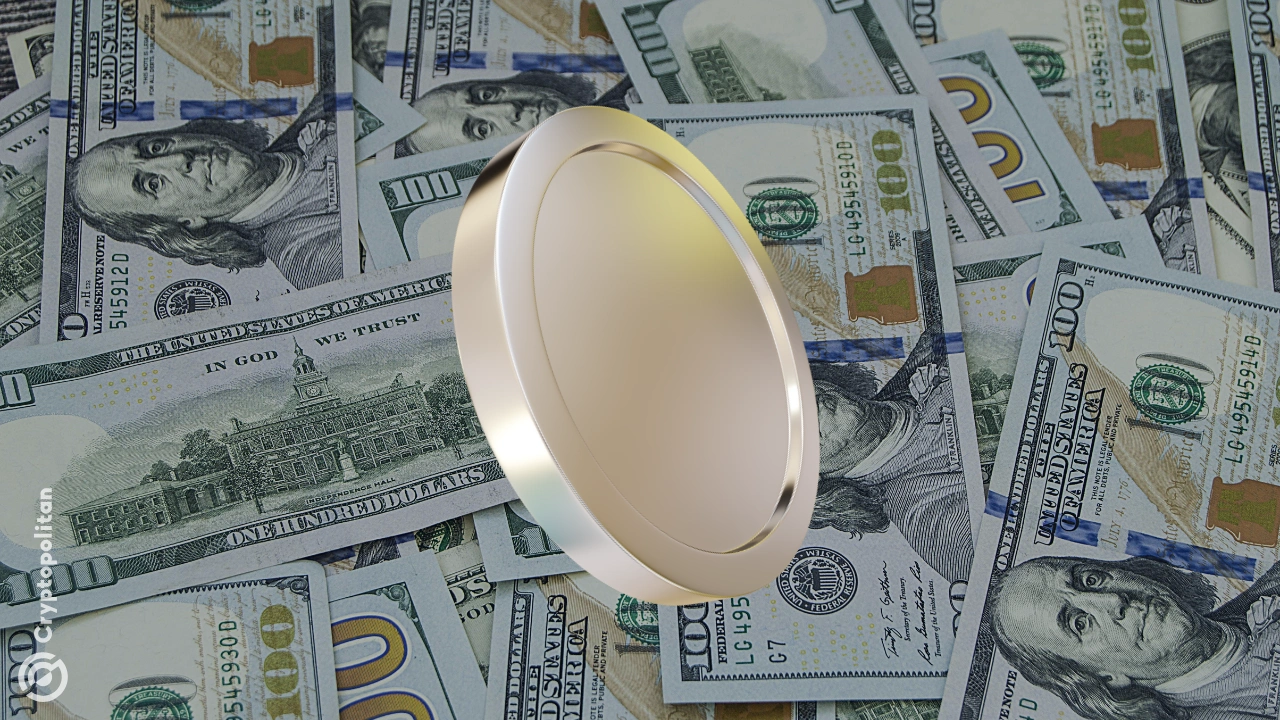
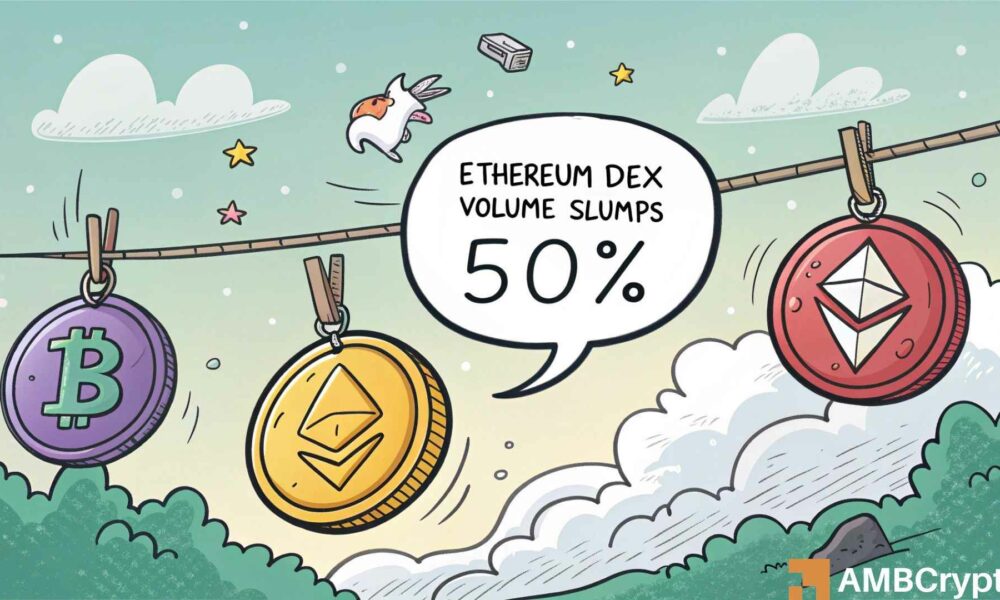
No comments yet